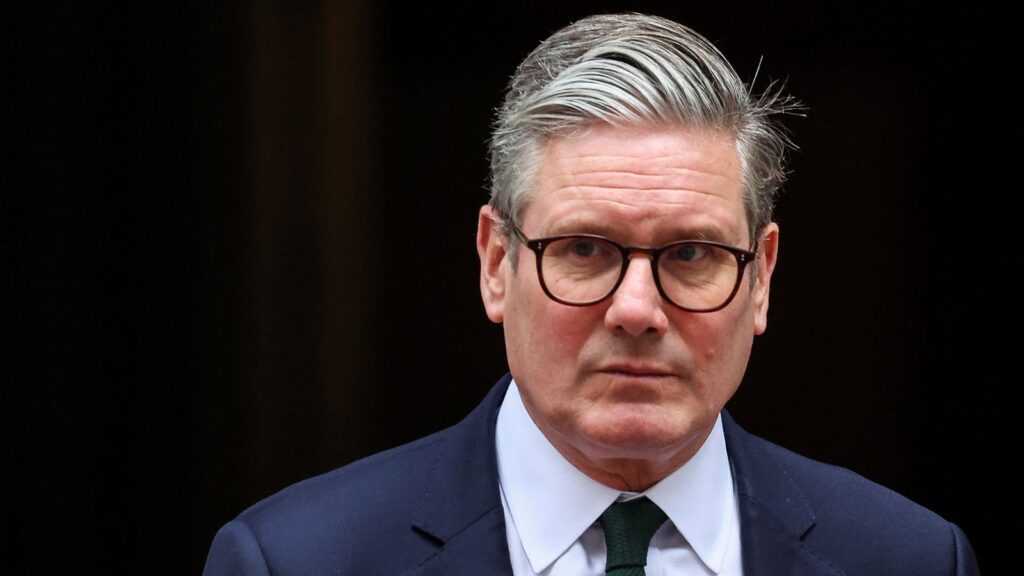German Chancellor Friedrich Merz and British Prime Minister Keir Starmer signed a landmark treaty aimed at strengthening defence cooperation and cracking down on people smuggling networks. The agreement, dubbed the “Kensington Treaty,” marks the first formal friendship pact between the two nations and signals a new chapter in Anglo-German relations post-Brexit.
The deal includes a bold step towards curbing undocumented migration across the English Channel. Chancellor Merz agreed to push for a change in German law this year, allowing authorities to seize small boats linked to smuggling operations a move Starmer hailed as a “clear sign that we mean business.” The legislation, once passed, will empower German police to target warehouses storing these vessels before they are used for dangerous Channel crossings.
Migration has surged to the forefront of British politics, with over 22,500 migrants arriving on England’s southeastern coast from northern France this year alone. The UK government views this agreement as a crucial tool to disrupt smuggling networks operating across Europe.
Beyond security, the treaty expands defence and industrial cooperation. The two countries plan to co-develop a next-generation precision strike missile with a range exceeding 2,000 kilometers and boost joint exports of military hardware like Boxer armoured vehicles and Typhoon fighter jets a partnership Downing Street believes could unlock billions in additional orders.
The visit also underscored a renewed spirit of post-Brexit collaboration. Merz and Starmer announced a youth exchange programme that will allow UK and German schoolchildren to travel without visas. Additionally, selected UK passport holders will soon be able to use Germany’s eGates for faster entry.
Both leaders reaffirmed their support for Ukraine and discussed future contributions to a NATO-backed arms funding initiative led by US President Donald Trump.
While Chancellor Merz acknowledged his regret over the UK’s departure from the EU, he stressed that Britain, France, and Germany are aligning more closely on critical issues like migration and security. The treaty not only deepens defence ties but also represents a significant thaw in Britain’s relations with its European neighbours.

